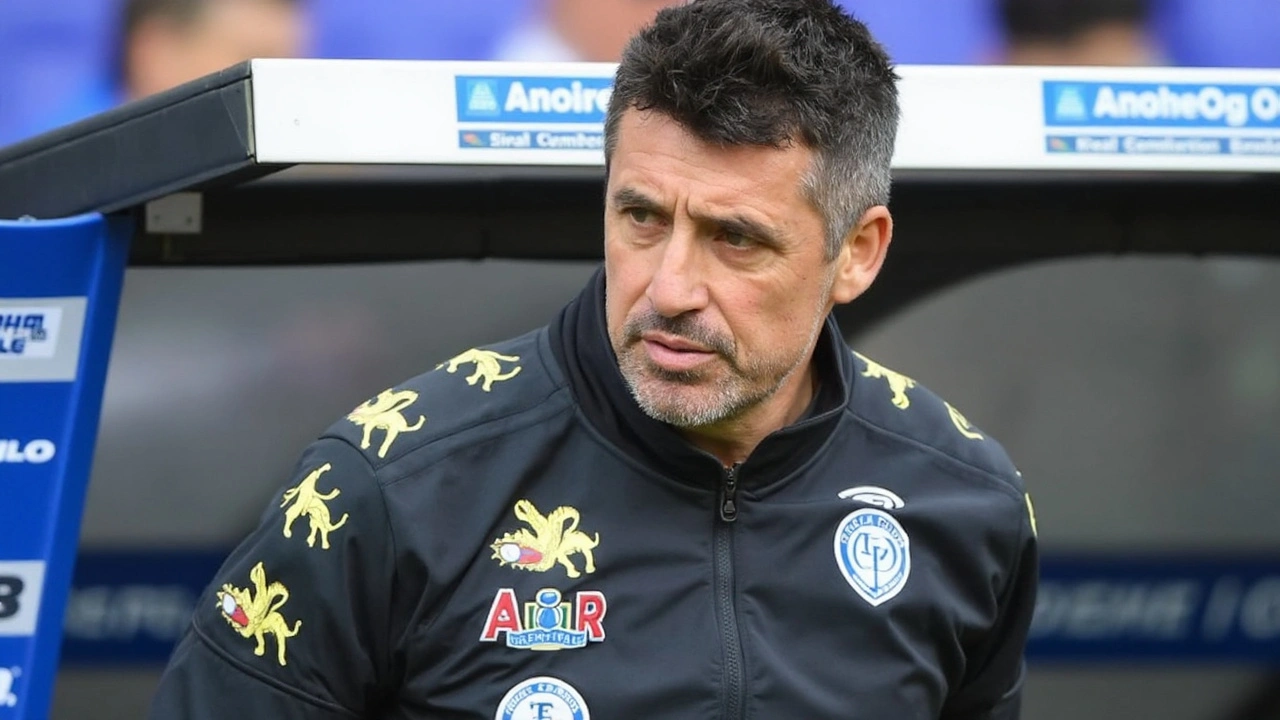Sony's Dramatic Shutdown of Highly-Touted Game 'Concord' Raises Industry Eyebrows
In a surprising and disappointing turn of events, Sony recently announced the decision to take its new live-service game, 'Concord,' offline just two weeks after it was released. This abrupt move has sent shockwaves through both the gaming community and the wider tech industry, as 'Concord' had been one of the most highly anticipated titles of the year. Developed with massive investment and ambitious goals, the game's sudden closure underscores the unpredictable nature and inherent risks associated with live-service games.
The issues that led to this drastic step are multifaceted and paint a larger picture of challenges that extend beyond 'Concord.' Reports indicate that the game was plagued by severe technical issues, ranging from frequent server crashes to game-breaking bugs that rendered it nearly unplayable for many. Players also cited a lack of substantial content and engaging gameplay mechanics, factors that are critical in the success of any live-service game.
The Problem with Live-Service Games
Live-service games are designed to provide players with an evolving experience that includes regular updates, new content, and continuous community engagement. While this model has been successful for some notable titles, it places tremendous pressure on developers and publishers to deliver high-quality content consistently. Failure to meet these expectations can cause a rapid decline in player interest and confidence, as seen with 'Concord.'
Sony had invested heavily in 'Concord,' positioning it as a flagship title that would exemplify the potential of live-service games. However, the reality fell short of the vision. Upon its release, players encountered an array of problems that severely impacted their enjoyment and overall experience. The game's developers struggled to address these issues in a timely manner, leading to mounting frustration within the gaming community.
Lessons from 'Concord' and the Industry Trend
The situation with 'Concord' is not an isolated incident. The gaming industry has frequently witnessed the downfall of games that start with immense hype and high expectations but quickly spiral into what can be metaphorically described as 'abandoned amusement parks.' These are games that, despite their initial promise, fail to maintain player interest and eventually fall into neglect. Examples include titles like 'Anthem' and 'Marvel’s Avengers,' both of which faced similar fates.
This trend highlights a crucial lesson for game developers and publishers: the importance of delivering a polished, content-rich experience from the outset. Players are quick to judge and even quicker to abandon games that don’t meet their expectations. The competitive nature of the gaming market further compounds this issue, as players have numerous alternatives vying for their attention.
The Financial Impact
The financial implications of such a move are significant. Sony's decision to pull 'Concord' offline represents not only the loss of the initial investment but also potential future revenue streams. Live-service games typically rely on microtransactions, subscription models, and other monetization strategies to generate continuous income. Shutting down a game so soon after launch cuts off these revenue channels and indicates a substantial financial setback.
Moreover, the reputational damage can be just as costly. Gamers remember failed projects, and this can erode trust in a company’s future offerings. Sony now faces the challenge of rebuilding its reputation in the eyes of its audience. Whether this will impact the performance of upcoming titles and future projects remains to be seen.
Navigating the Future of Live-Service Games
In light of 'Concord’s' failure, industry experts suggest several strategies that could help mitigate the risks associated with live-service games. One recommendation is to adopt a phased release model, where core gameplay elements are thoroughly tested and fine-tuned before broader expansion. This could involve extensive beta testing to gather player feedback and address issues ahead of a full-scale launch.
Another approach is to ensure a robust post-launch support plan. This includes timely updates, meaningful content additions, and active community engagement. Developers must be prepared to respond swiftly to feedback and implement changes to keep the game fresh and exciting. Transparency with players regarding ongoing developments and future plans can also build trust and foster a loyal player base.
A Cautionary Tale
'Concord’s' rapid descent into obscurity serves as a cautionary tale for the gaming industry. It is a stark reminder that even with significant financial backing and high expectations, the success of a live-service game is never guaranteed. Balancing quality, innovation, and player satisfaction is a delicate act that requires meticulous planning and execution.
For Sony, the focus now shifts to the lessons learned from this venture. The company will need to assess where things went wrong and apply those insights to future projects. While the shutdown of 'Concord' is undoubtedly a setback, it provides an opportunity for reflection and growth. The key will be to adapt and evolve in an ever-changing industry landscape.
As the industry watches how Sony navigates this challenge, one thing is clear: the bar for live-service games has been set high, and only those who can deliver on their promises will thrive. 'Concord' may have stumbled, but the journey of live-service games continues, with valuable lessons gleaned from each misstep.





